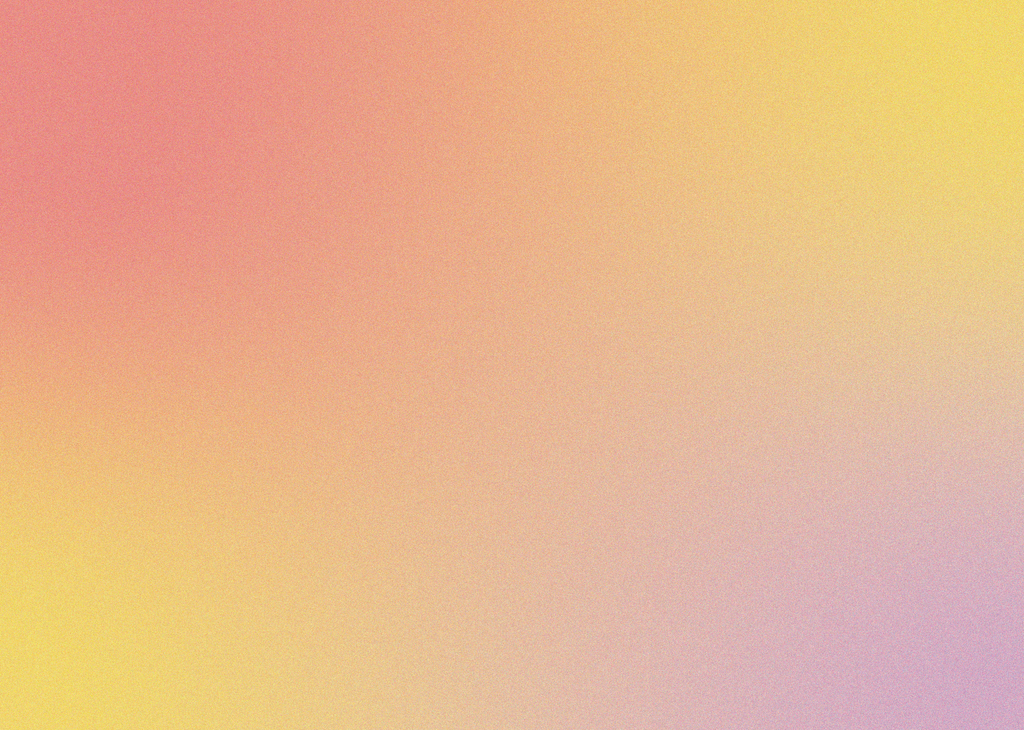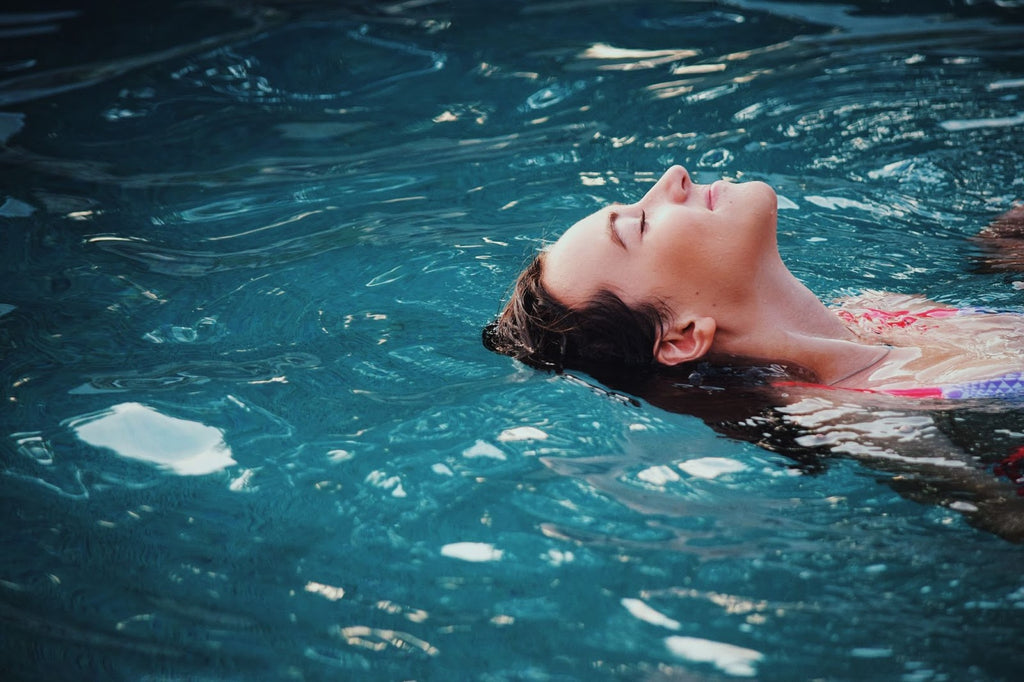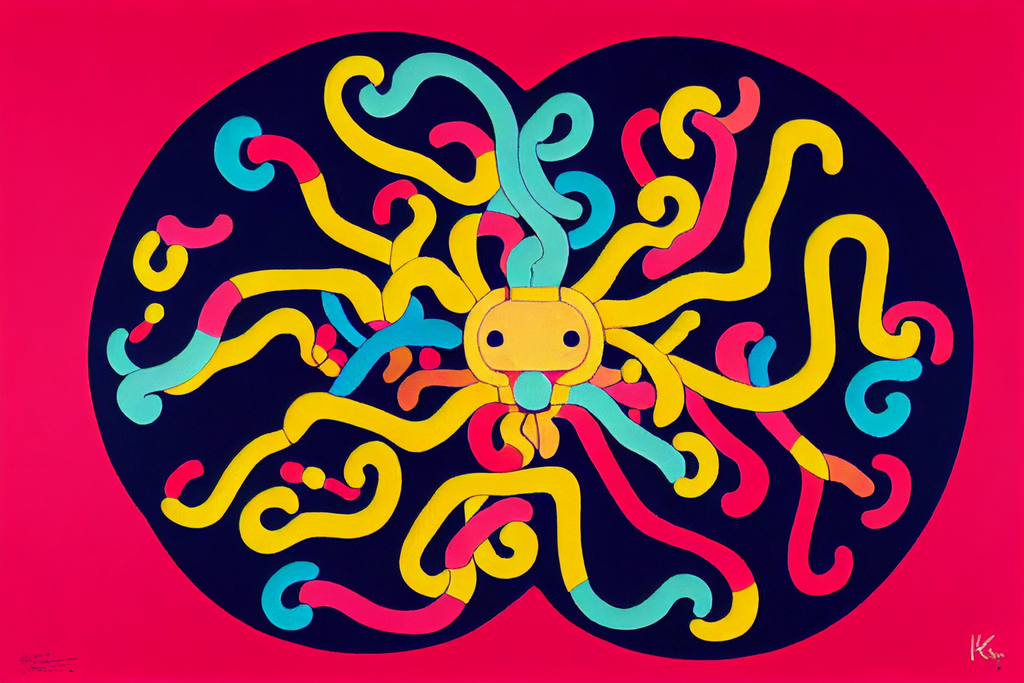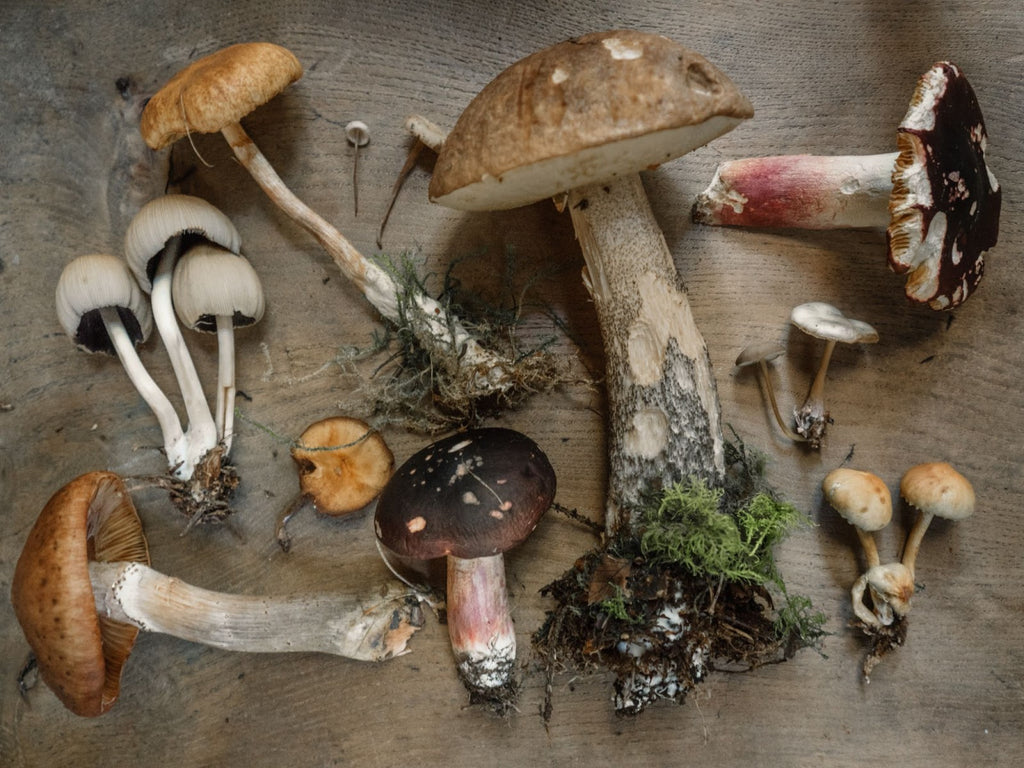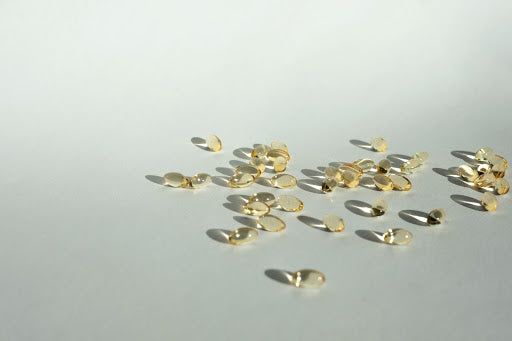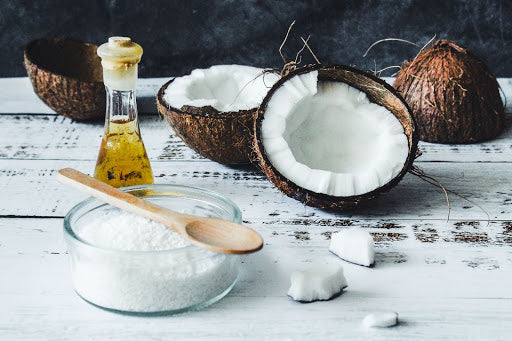Caffeine Addiction: How Long Does Withdrawal Last?
* Verified by a US-based board-certified doctor.
To say that most adults in the US depend on caffeine would be an understatement. 85% of the American population consumes at least one caffeinated beverage each day.
Americans also consume an average of 400 million cups of coffee per day. While caffeine can help you get through a long workday, it can also be addicting. If you drink caffeine regularly then try to quit, you’ll likely experience intense headaches as well as other side effects.
This period of side effects is known as caffeine withdrawal. How long does caffeine withdrawal last? Read on to find out.
Related: Matcha Green Tea: What is It and What are Its Benefits
What is Caffeine?
When most of us think of caffeine, we think of coffee. However, caffeine is also found in other beverages and food products, such as tea and chocolate.
Caffeine is a natural stimulant that affects your nervous system and brain. It helps you stay alert throughout the day and prevent the onset of fatigue. People have been using caffeine for thousands of years, with historians tracking the first use of caffeine all the way back to 2737 BC.
When you consume caffeine, your body quickly absorbs it into the bloodstream. Once it’s in your bloodstream, it travels to your liver and gets further broken down into compounds that affect various parts of the body.
Because caffeine directly affects your brain, it’s referred to as a psychoactive drug.
Is Caffeine Addictive?

Caffeine offers many benefits. It can boost your mood, improve your brain function, and it may even boost your metabolism. However, caffeine can also be addictive.
While caffeine doesn’t produce the same harmful effects as cocaine and other drugs, if you drink caffeine regularly, it will affect your physical characteristics and brain chemistry. Over time, your brain cells will start to grow more adenosine receptors as a response to your caffeine intake.
Soon, you’ll develop a tolerance, and because your brain has more adenosine receptors, your body will be able to handle more caffeine.
Related: How to Be More Productive: A Complete Guide
Signs of Caffeine Addiction
So, how can you tell that you’re addicted to caffeine and need to cut back? Here are some signs of caffeine addiction:
- You have trouble cutting back on caffeine when you try to
- You’ve built up a tolerance to caffeine and need more to stay awake
- You have strong cravings for caffeine
- You get a headache if you skip your morning cup of coffee
- You can’t concentrate and you feel moody unless you’ve had caffeine
- You’re always slightly on edge
While the effects of caffeine addiction aren’t life-threatening, they can have an impact on your daily life. For this reason, many people try to quit caffeine.
Caffeine Withdrawal: How Long Does it Last?

How long your caffeine withdrawal lasts will depend on how long you’ve been consuming caffeine. Generally speaking, withdrawal symptoms will begin 12 to 36 hours after you had your last dose of caffeine.
The withdrawal side effects can last anywhere from 2 to 9 days. Here are some of the main withdrawal symptoms you can expect to experience:
Headaches
Headaches are perhaps the most common caffeine withdrawal symptom. When you consume caffeine, the blood vessels in your brain constrict, resulting in slower blood flow.
When you stop taking caffeine, the blood vessels in your brain start to open up again. The sudden change in blood flow is what leads to headaches. However, as your brain adapts to the increase in blood flow, your headaches will subside.
Anxiety
Caffeine is a stimulant, which means it increases your heart rate, stress hormones, and blood pressure. For people who are sensitive to caffeine, just one cup can make them feel jittery.
While consuming caffeine can make you feel anxious, so can cutting it out of your diet. When many people cut out caffeine, they report symptoms of anxiety. However, cutting out caffeine will not lead to an anxiety disorder, and you should start to feel back to normal after a few days.
However, if you get the majority of your caffeine from soda and other sweetened beverages, you can expect more intense levels of anxiety than those who get their caffeine from coffee or tea. This is because cutting out sugar can also lead to an increase in anxiety.
Related: Herbs for Anxiety: A Guide to Natural Herbs
Fatigue

Because caffeine makes you feel more awake, it should come as no surprise that cutting it out of your diet makes you feel more tired.
A recent study found that regular caffeine consumers had increased feelings of fatigue after avoiding caffeine for 16 hours. For many people, fatigue is the hardest part of cutting out caffeine, as the natural solution to feeling tired is to drink more caffeine for many people.
Trouble Concentrating
Many people also experience difficulty concentrating when they quit caffeine. After sipping some coffee or tea, you may notice that you’re hyper-focused.
This is because caffeine increases your adrenaline levels and boosts neurotransmitter activities. The combination of these reactions can result in higher blood pressure and heart rate, which, in turn, can increase your alertness.
Cutting out caffeine can cause the feeling of alertness to go away temporarily while you’re experiencing withdrawal.
Are you wondering how to increase your motivation? Click here to find out how!
Irritability and Mood Swings
If you decide to quit caffeine, you may need to warn your friends and family members. This is because quitting caffeine can make you irritable and put you in a bad mood.
Caffeine has mood-enhancing effects, and without them, you may be a grouch for your first few mornings without caffeine.
Caffeine Addiction Withdrawal: Wrap Up
Now that you know a bit more about caffeine withdrawal, you should be better prepared should you decide to quit caffeine.
Remember, the withdrawal symptoms are only temporary, so if you can make it past the first few days, you should be in the clear.
If you’re looking for a caffeine substitute, check out Magic Mind!
Do you want to do more with less stress?


